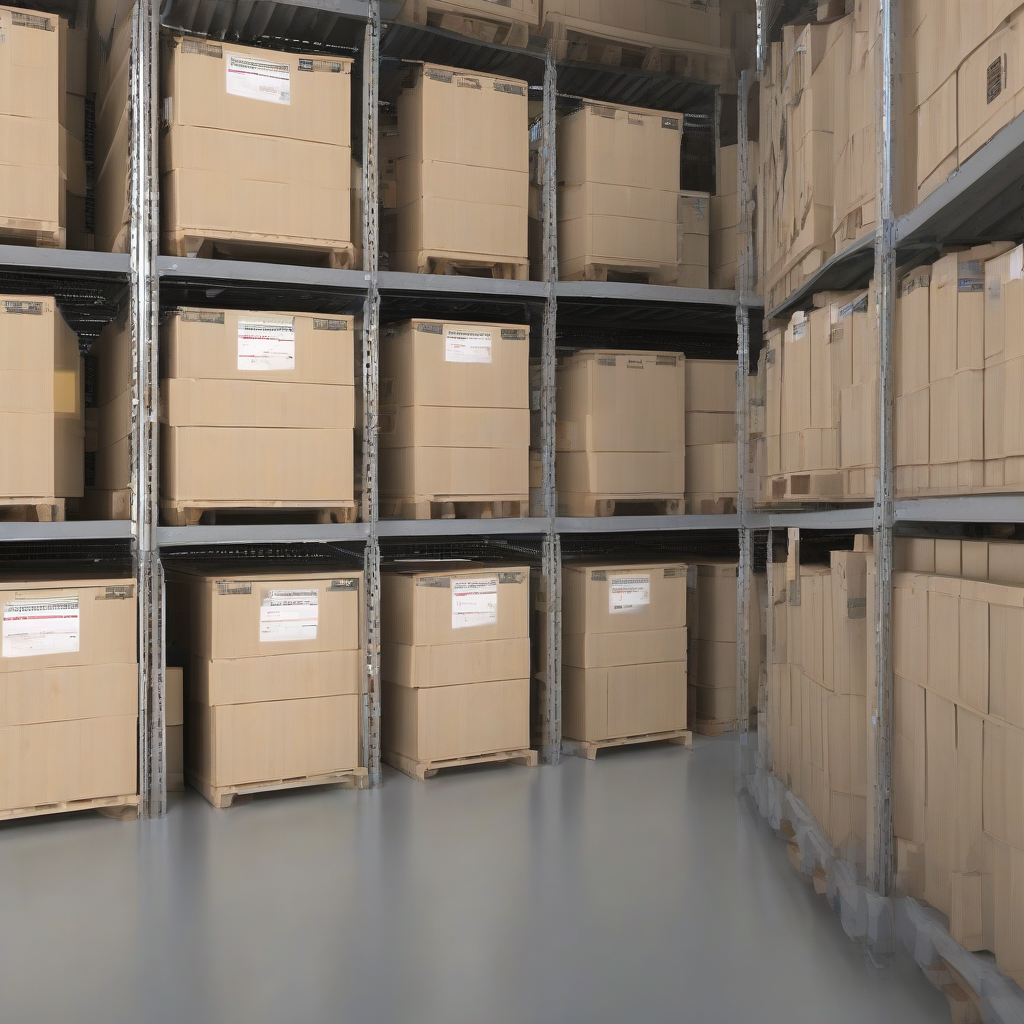Your Ultimate Guide to Finding the Perfect Monthly Storage Near You
Finding reliable and affordable monthly storage can be a daunting task. Whether you’re decluttering your home, moving, or simply need extra space for a short-term project, understanding your options and knowing where to look is crucial. This comprehensive guide will walk you through everything you need to know to find the perfect monthly storage solution near you.
Understanding Your Storage Needs
- Storage Size: How much space do you actually need? Consider the items you plan to store. Measure your belongings carefully to avoid renting a unit that’s too small or too large.
- Storage Type: Do you need climate-controlled storage to protect sensitive items from extreme temperatures and humidity? Or will a standard storage unit suffice?
- Access: How often will you need to access your stored belongings? Some facilities offer 24/7 access, while others have limited hours. Consider which level of access best suits your needs.
- Security: What security measures are essential? Look for facilities with features like surveillance cameras, secure access gates, and well-lit areas.
- Budget: Determine your monthly budget before you begin your search. Prices vary significantly based on location, size, and features.
- Contract Terms: Understand the terms and conditions of the rental agreement. Pay close attention to lease lengths, early termination fees, and any other potential charges.
Finding Storage Facilities Near You
Numerous resources can help you locate storage facilities in your area:
- Online Search Engines: Use search terms like “monthly storage near me,” “self-storage near me,” or “storage units [your city/zip code].”
- Online Storage Marketplaces: Websites and apps specialize in connecting customers with storage facilities. These platforms often allow you to compare prices and features easily.
- Local Directories: Check your local phone book or online directories for listings of self-storage facilities.
- Word-of-Mouth: Ask friends, family, and neighbors for recommendations. Personal experiences can be invaluable when choosing a storage facility.
- Real Estate Agents: If you’re moving, your real estate agent might have recommendations for reputable storage facilities.
Factors to Consider When Choosing a Facility
- Location and Accessibility: Choose a facility that’s conveniently located and easy to access. Consider proximity to major roads, public transportation, and your home or business.
- Facility Condition and Cleanliness: Inspect the facility in person. Look for signs of good maintenance, cleanliness, and a well-maintained exterior.
- Customer Reviews and Ratings: Read online reviews and ratings from previous customers. Pay attention to comments about customer service, security, and cleanliness.
- Insurance Options: Inquire about insurance options. Some facilities offer insurance coverage for your stored belongings, while others require you to obtain your own coverage.
- Moving Supplies: Some facilities sell packing supplies like boxes, tape, and bubble wrap. Check if this is an option to save time and effort.
- Payment Options: Find out what payment methods the facility accepts. Most facilities accept credit cards, but some may also offer other payment options.
Types of Monthly Storage Units
- Indoor Units: These units offer protection from the elements and are generally more secure.
- Outdoor Units: These units are typically less expensive but offer less protection from the weather.
- Climate-Controlled Units: These units maintain a consistent temperature and humidity level, ideal for sensitive items like electronics, furniture, and artwork.
- Drive-Up Units: These units allow you to drive your vehicle directly up to the unit, making loading and unloading easier.
- Vehicle Storage: Some facilities offer secure storage for vehicles like cars, boats, and RVs.
Tips for Protecting Your Belongings in Storage
- Proper Packing: Use sturdy boxes and packing materials. Wrap fragile items carefully and label boxes clearly.
- Inventory List: Create a detailed inventory list of all items stored, including photos or descriptions. This can be helpful for insurance claims.
- Pest Control: Take steps to prevent pests by using sealed containers and placing mothballs or other pest deterrents.
- Moisture Control: Use moisture absorbers to prevent mildew and mold growth, especially in climate-controlled units.
- Valuable Items: Consider storing high-value items in a climate-controlled unit or separately insured.
Negotiating Prices and Contract Terms
Don’t be afraid to negotiate prices and contract terms. Many facilities are willing to offer discounts or special deals, especially for longer-term rentals.
- Compare Prices: Get quotes from multiple facilities before making a decision.
- Inquire about Discounts: Ask about discounts for long-term rentals, military personnel, or seniors.
- Read the Contract Carefully: Understand all terms and conditions before signing the rental agreement.
- Ask Questions: Don’t hesitate to ask questions if you’re unsure about anything.
Understanding Your Responsibilities as a Renter
- Payment Schedule: Adhere to the payment schedule outlined in your rental agreement.
- Unit Condition: Maintain the unit in a clean and orderly condition.
- Access Restrictions: Respect the facility’s access hours and rules.
- Prohibited Items: Avoid storing prohibited items as outlined in your contract.
- Security: Report any suspicious activity to facility management immediately.
Moving Out and Ending Your Lease
- Notice Period: Provide the required notice period as stipulated in your contract before vacating the unit.
- Unit Inspection: Schedule a final inspection with the facility manager to ensure proper checkout.
- Security Deposit: Receive your security deposit back after the inspection and confirmation that the unit is left in good condition.
- Account Closure: Ensure that your account is properly closed and that you receive confirmation of the closure.
